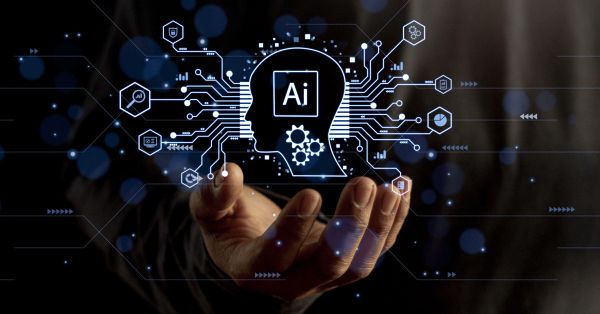ML (Machine Learning), AI (Artificial Intelligence), and RPA (Robotic Process Automation) solutions are transformative technologies that offer significant benefits to businesses in terms of efficiency, productivity, and innovation. Here's an overview of each:
Machine Learning (ML):
ML involves algorithms and statistical models that enable computers to perform specific tasks without explicit programming instructions.
Applications: ML is used in various domains, including:
Predictive analytics: Forecasting trends and outcomes based on historical data.
Natural Language Processing (NLP): Understanding and generating human language.
Computer vision: Analyzing and interpreting visual data, such as images and videos.
Recommender systems: Suggesting products or content based on user preferences.
ML solutions require data preprocessing, model training, evaluation, and deployment.
Artificial Intelligence (AI):
AI is a broader concept encompassing machines' ability to perform tasks that typically require human intelligence.
Applications: AI technologies include:
Machine Learning: Utilizing algorithms to learn from data.
Deep Learning: A subset of ML involving neural networks with multiple layers.
Cognitive computing: Mimicking human thought processes to solve complex problems.
Expert systems: Emulating human expertise to make decisions in specific domains.
AI solutions can automate tasks, make recommendations, and solve problems across various industries, including healthcare, finance, and manufacturing.
Robotic Process Automation (RPA):
RPA involves the use of software robots or bots to automate repetitive, rule-based tasks typically performed by humans.
Applications: RPA is used for:
Data entry and extraction: Automating data entry tasks from various sources.
Report generation: Automatically generating and distributing reports.
Invoice processing: Extracting data from invoices and updating accounting systems.
Customer service: Handling routine inquiries and requests through chatbots.
RPA solutions increase operational efficiency, reduce errors, and free up human resources for more strategic tasks.
Businesses can leverage ML, AI, and RPA solutions individually or in combination to streamline operations, improve decision-making, enhance customer experiences, and gain a competitive edge in the marketplace. However, successful implementation requires careful planning, robust data infrastructure, and domain expertise to ensure alignment with business objectives and regulatory compliance.


